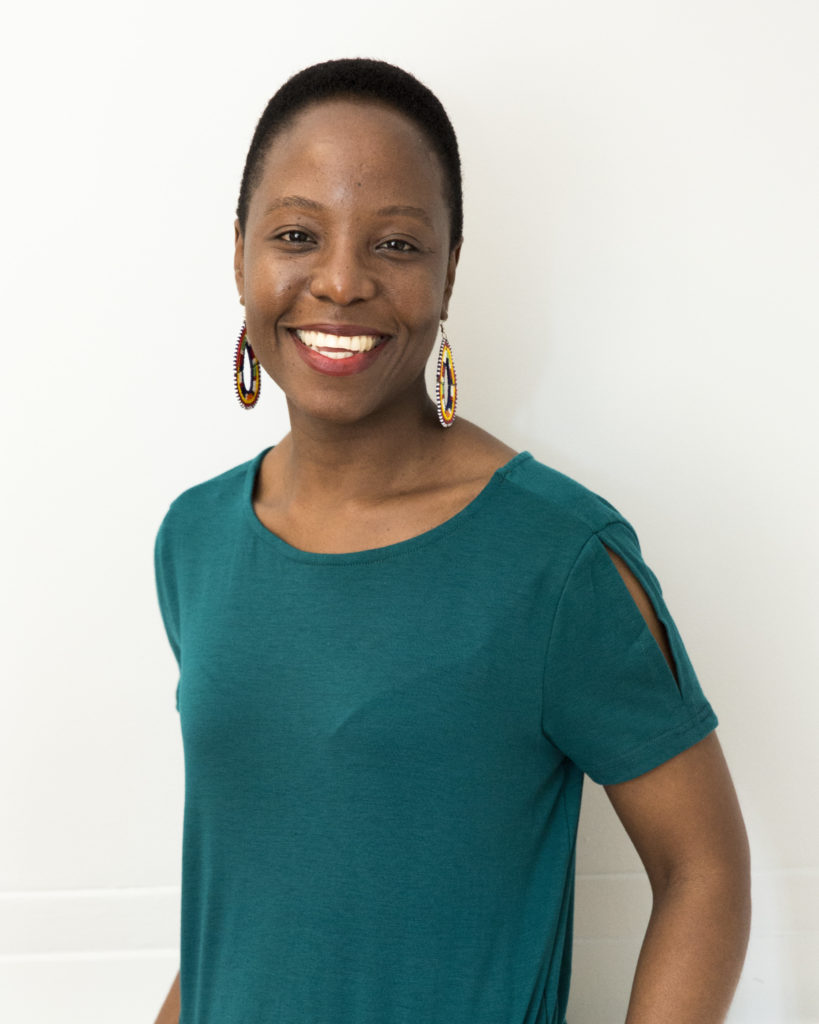Published: 03/17/2021
Every month we invite an esteemed colleague from around the globe to share global health learnings, experiences, and insights from their work in our Lessons from our Global Partners series.

| Rumbidzai Chisenga, Director of Programs at the Ellen Johnson Sirleaf Presidential Center for Women and Development |
In times of crisis, public officials need leadership. During this extraordinary time, the public and our elected and appointed officials have relied on the leadership of people whose names may never be publicly known: healthcare workers who continue to show up and risk their lives every day, innovators who quickly developed rapid testing kits, scientists who have studied infectious diseases in obscurity over decades — and many others.
Knowing many of the extraordinary women leading COVID-19 response efforts in Africa had been neglected in the public spotlight, we at the Ellen Johnson Sirleaf Presidential Center for Women and Development (EJS Center) launched a campaign to explicitly recognize their efforts.

The Spotlight a COVID-19 Heroine campaign invited the public to nominate African women who stepped up to serve their constituencies, communities, and countries during the pandemic — unsung heroes whose stories of service, fortitude, and resourcefulness should be shared. We received hundreds of nominations. Here are but a few:
Dr. Winnie Kitetu has been using her expertise as a clinical psychologist to support women, families and other clients during the pandemic with remote counselling in Kenya, essential work as the pandemic and lockdown measures have exacerbated mental health problems associated with bereavement, loneliness, substance abuse, and domestic violence.
Elsiemae Melanie Buckle personally recorded hundreds of hours of educational content to be broadcast over the radio, helping children across Sierra Leone continue their education through distance learning.

The pandemic has also engendered global awareness about zoonotic diseases thanks in part to the efforts of Dr. Gladys Kalema-Zikusoka from Uganda and others who have been working to educate the public about how such diseases spread.
Lola Talabi-Oni, the Technical Advisor to the Statistician-General at Nigeria’s National Bureau of Statistics built and launched the country’s National Coronavirus Geospatial Data Hub, which uses cutting-edge data visualizations to improve accessibility to real-time COVID-19 information for government agencies and the general public.

Learning about these and other women rising to the occasion in Africa and across the globe has reminded us that leadership is a shared responsibility across expertise, sectors, and gender. Let’s join forces in acknowledging and documenting the critical contributions that women make — on the frontlines and in the shadows of leadership.
Rumbidzai Chisenga is the Director of Programs at the Ellen Johnson Sirleaf Presidential Center for Women and Development (EJS Center). In this role, she leads the Amujae Initiative, the EJS Center’s flagship program, which prepares women to unapologetically take up roles in the highest echelons of public leadership.